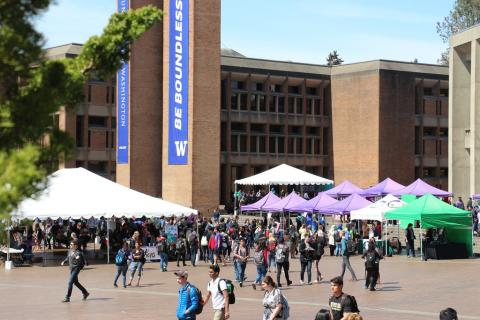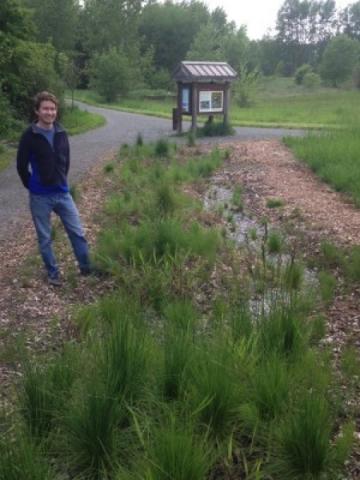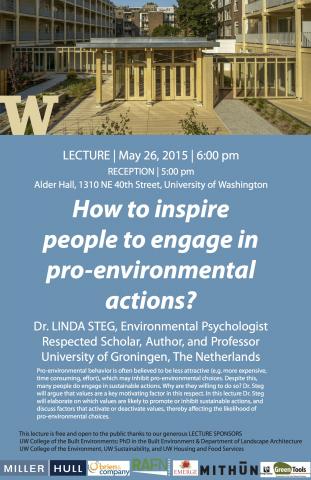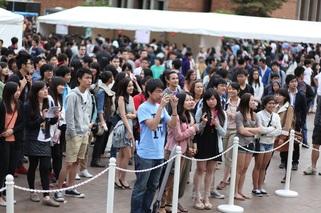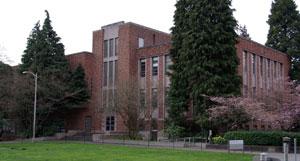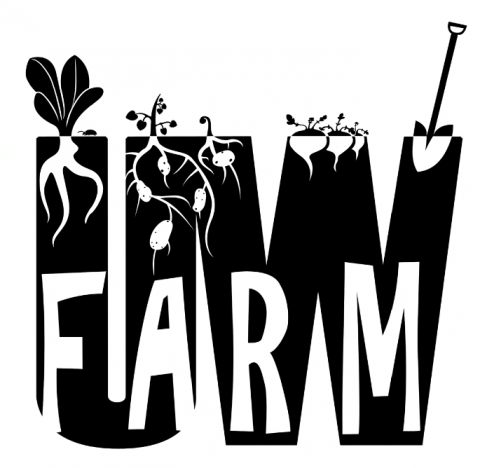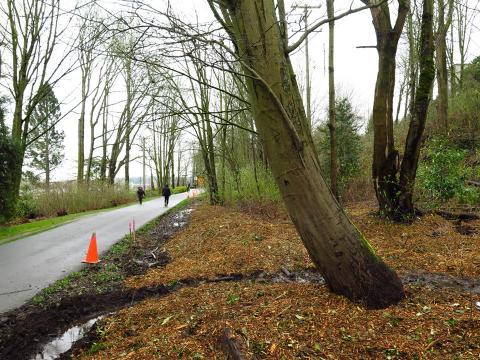Conservation and Sustainability at Manastash Ridge Observatory: Planning For the Next Forty Years
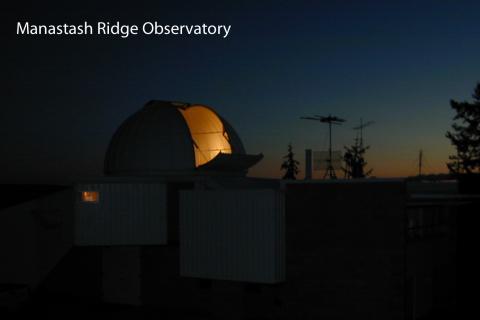
Forty years after its dedication, it's time to make changes at the University’s Manastash Ridge Observatory (MRO) that reflect the realities of how we use the facility and respect our impact on natural resources, particularly our water and energy consumption. We propose to upgrade our bathrooms, kitchen, and lighting to conserve water and energy, and to build a rainwater catchment system and a solar energy system to reduce our reliance on outside water and power. The budget for this proposal is approximately $60,000, of which $49,000 is for the solar energy system.
